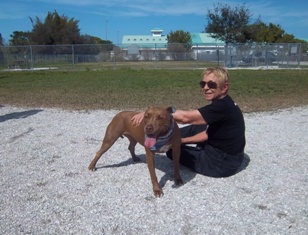What would you say if I said there was a way for Americans to drive around their city streets and never again have to look at concrete buildings with names like Bank of America, Citicorp, Wells Fargo? I'm nuts, right?
What would you say if I said that the African country of Kenya has figured out a way to help its citizens survive without any need for banks? Just their cell phones is all they need to pay bills, pay employees, buy groceries? You'd say I'm nuts.
A link to what I'm talking about is more fully explained at www.safaricom.co.ke/about-us.
What Happens To The Banks?
Banks are not at all happy with this system and took it up with the government of Kenya. But Kenyan authorities very wisely said they would let this process go forward on a trial basis. It was instituted in 2007, and since then post-war torn areas of Kenya have been prospering greatly. Entrepreneurship is growing even among the poorest people in the poorest of slums.
"M-PESA has since been extended to offer loans and savings products, and can also be used to disburse salaries or pay bills, which saves users further time and money (because they do not need to waste hours queuing up at the bank). One study found that in rural Kenyan households that adopted M-PESA, incomes increased by 5-30%. In addition, the availability of a reliable mobile-payments platform has spawned a host of start-ups in Nairobi, whose business models build on M-PESA's foundations. Mobile-money schemes in other countries, meanwhile, have been held up by opposition from banks and regulators and concerns over money-laundering. But M-PESA is starting to do well in other countries, including Tanzania and Afghanistan, and last month it was launched in India. At the same time, operators in some other countries are doing an increasingly good job of imitating it. Some of the factors behind Kenya's lead cannot be copied; but many of them can, which means it should eventually be possible for other countries to follow Kenya's pioneering example." See click here
So let's just say that banks are not happy about this new form of doing business. First, they lose tons of business. They probably fail, but does that affect the economy? All indications are that the economy actually grows. So it shouldn't adversely affect the economy, because the basic needs of people continue to get met. The only ones to die as a result are the banks and their stockholders. Stock becomes worthless.
In one small village Ms. Stahl met with a man who had been living with just a Kerosene lamp for light at night. The fumes were awful, and he worried about his young son having to live and breathe those fumes. But for $180 he was able to purchase, on time, on his phone, a solar panel that was not much more than 15" x 15" that was placed on the top of his shack. It was enough for him to finally get to live with an actual light bulb. It actually ended up costing him less to light the bulb than to light the Kerosene lamp.
To learn more, type M-Pesa into your favorite search engine. Thank you, Leslie Stahl.






